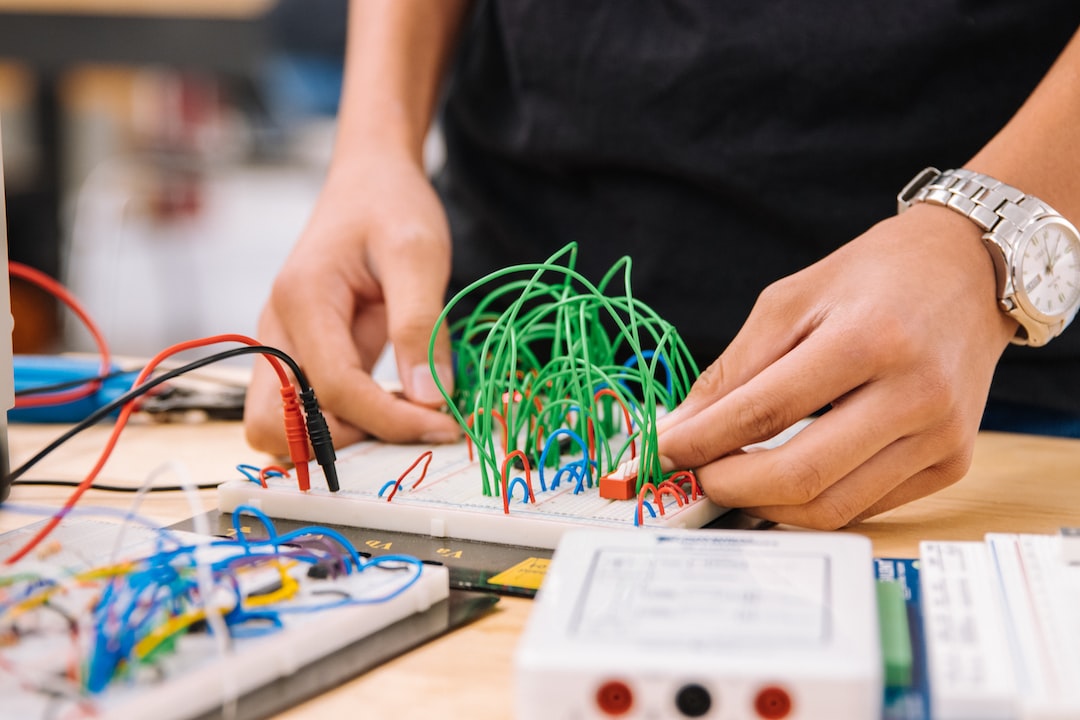Effective Communication Skills for Teachers and Students
In the world of education, effective communication is crucial for both teachers and students. It forms the foundation for a positive and productive learning environment, fostering stronger relationships and enhancing the overall educational experience. Effective communication skills allow teachers to convey information clearly and efficiently, while also empowering students to express their thoughts and ideas confidently. In this blog post, we will discuss the importance of effective communication skills for teachers and students, and provide some practical tips for improving communication in the classroom.
Teachers play a vital role in facilitating learning and understanding among their students. To achieve this, they must be able to communicate effectively, both verbally and non-verbally. Verbal communication skills include using clear and concise language, speaking in a tone that is easy to understand, and being an active listener. Non-verbal communication skills involve body language, facial expressions, and gestures that can enhance or detract from the intended message. By mastering these skills, teachers can engage students, maintain their attention, and create a positive learning atmosphere.
One important aspect of effective communication for teachers is the ability to adapt their style to different learning needs. Every student has a unique learning style, and teachers need to be able to adjust their communication approach accordingly. Some students may be visual learners, while others may be auditory or kinesthetic learners. By incorporating different teaching methods and using various communication techniques, such as visual aids, hands-on activities, or verbal explanations, teachers can ensure that all students are able to grasp the material effectively.
Furthermore, effective communication between teachers and students fosters a healthy and supportive classroom environment. When students feel comfortable expressing their thoughts and ideas, they are more likely to actively participate in class discussions and engage with the material. Encouraging open communication also allows students to ask questions, seek clarification, and address any concerns or challenges they may be facing. By creating an environment that values communication and encourages dialogue, teachers can establish mutual trust and respect with their students.
To cultivate effective communication skills among students, teachers can introduce various activities and exercises that promote self-expression and active listening. For instance, group discussions, debates, and presentations encourage students to articulate their opinions, while also developing listening skills as they consider opposing viewpoints. Teachers can also assign reflective writing tasks or journal entries, enabling students to express their thoughts and emotions in a more personal and individual manner.
In addition to these classroom activities, utilizing technology can also enhance communication skills. For example, teachers can encourage students to collaborate on group projects using virtual tools, such as online forums or video conferencing platforms. These platforms enable students to work together, share ideas, and contribute to the conversation, even if they are physically distanced. By incorporating technology into the classroom, students are exposed to various modes of communication, adapting to the ever-evolving digital landscape.
Parents also play a significant role in effective communication within the educational ecosystem. Teachers should maintain an open line of communication with parents to provide updates on their child’s progress, address any concerns, or discuss potential areas for improvement. This partnership between teachers and parents ensures that students receive consistent messages and support, both at school and at home. By working together, teachers and parents can enhance the educational journey and create a unified approach to student success.
In conclusion, effective communication skills are invaluable for teachers and students alike. They enable teachers to convey information clearly, engage students in the learning process, and foster a supportive classroom environment. For students, effective communication allows them to express their thoughts and ideas, actively participate in class discussions, and develop essential listening skills. By incorporating various communication techniques, adapting to different learning styles, and incorporating technology, teachers can create an inclusive and engaging learning environment. Ultimately, effective communication paves the way for stronger relationships, improved academic performance, and holistic growth among both teachers and students.

